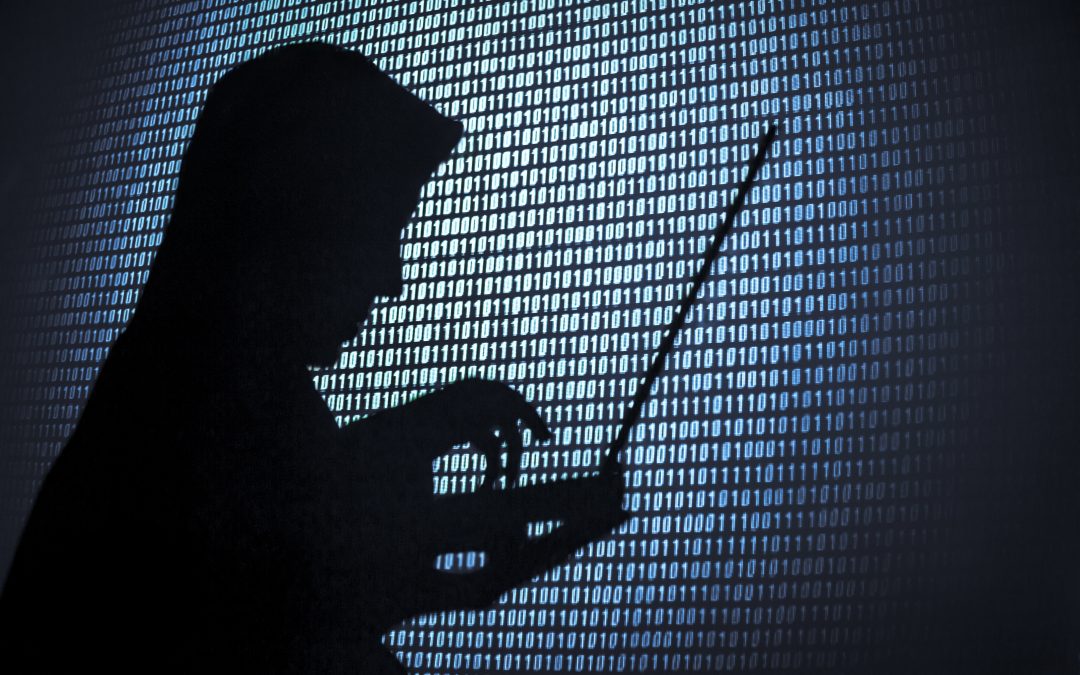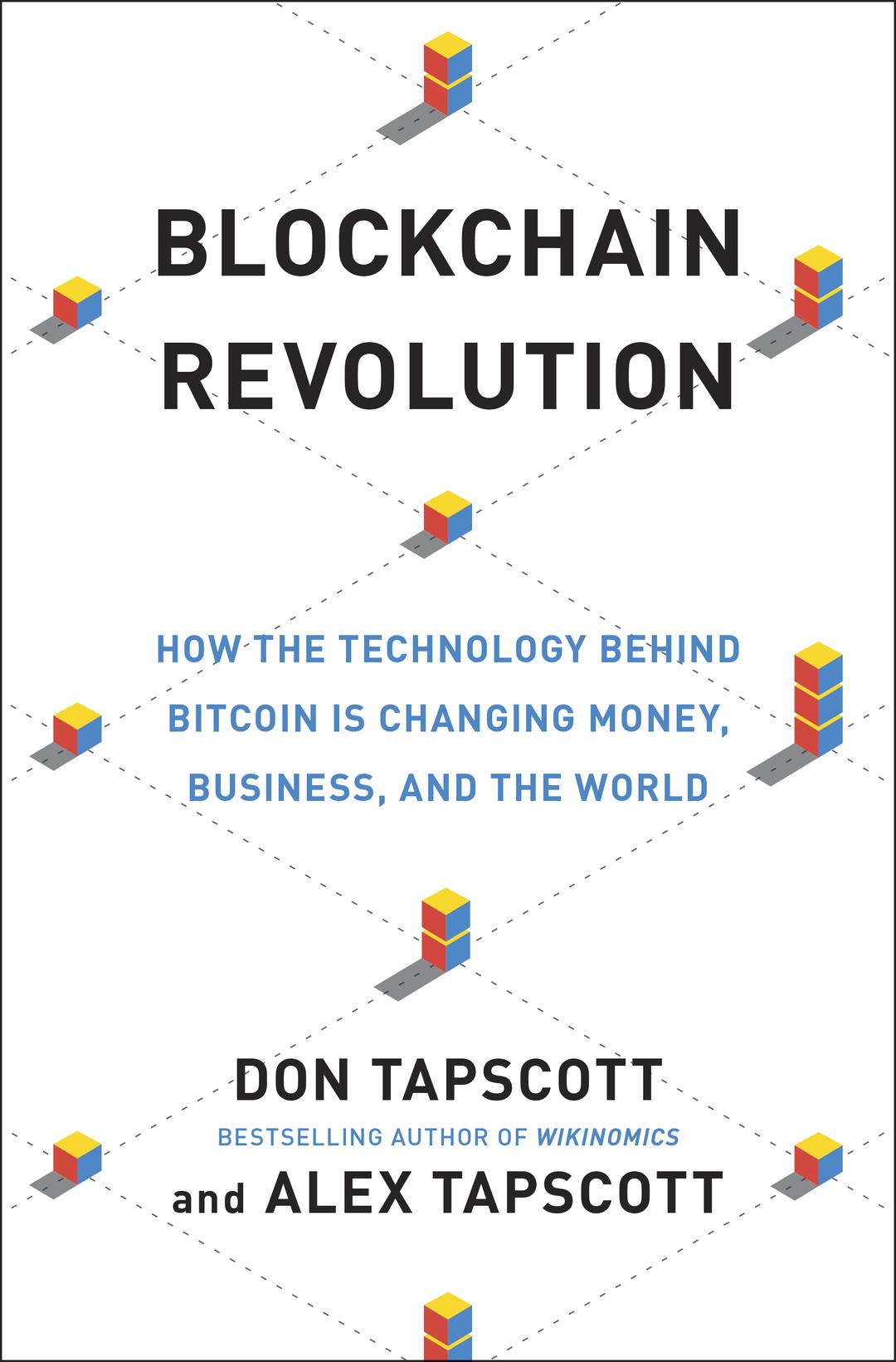It can create a true sharing economy.
Prosperity first and foremost is about one’s standard of living. To achieve it, people must have the means, tools, and opportunities to create material wealth and thrive economically. But for us it includes more—security of the person, safety, health, education, environmental sustainability, opportunities to shape and control one’s destiny and to participate in an economy and society. In order to achieve prosperity, an individual must possess, at minimum, access to some form of basic financial services to reliably store and move value, communication, and transactional tools to connect to the global economy, and security, protection, and enforcement of the title to land and other assets they possess legally. This and more is the promise of the blockchain.
Creating a True Peer-to-Peer Sharing Economy
Pundits often refer to Airbnb, Uber, Lyft, TaskRabbit, and others as platforms for the “sharing economy.” It’s a nice notion, that peers create and share in value. But these businesses have little to do with sharing. In fact, they are successful because they do not share—they aggregate. It is an aggregating economy. Uber is a $65 billion corporation that aggregates driving services. Airbnb, the $25 billion Silicon Valley darling, aggregates vacant rooms. Others aggregate equipment and handymen through their centralized, proprietary platforms and then resell them. In the process, they collect data for commercial exploitation. None of these companies existed a decade ago because the technological preconditions were not there: ubiquitous smart phones, full GPS, and sophisticated payment systems. Now with blockchains, the technology exists to reinvent these industries again. Today’s big disrupters are about to get disrupted.
Imagine instead of the centralized company Airbnb, a distributed application—call it blockchain Airbnb or bAirbnb—essentially a cooperative owned by its members. When a renter wants to find a listing, the bAirbnb software scans the blockchain for all the listings and filters and displays those that meet her criteria. Because the network creates a record of the transaction on the blockchain, a positive user review improves their respective reputations and establishes their identities—now without an intermediary. Says Vitalik Buterin, founder of the Ethereum blockchain: “Whereas most technologies tend to automate workers on the periphery doing menial tasks, blockchains automate away the center. Instead of putting the taxi driver out of a job, blockchain puts Uber out of a job and lets the taxi drivers work with the customer directly.”
Rewiring the Financial System for Speed and Inclusion
The financial services industry makes our global economy hum, but the system today is fraught with problems. For one, it is arguably the most centralized industry in the world and the last industry to feel the transformational effect of the technological revolution. Bastions of the old financial order such as banks go to great lengths to defend monopolies and often stymie disruptive innovation. The financial system also runs on outmoded technology and is governed by regulations dating back to the 19th century. It is rife with contradictions and uneven developments, making it sometimes slow, oftentimes insecure, and largely opaque to many stakeholders.
Distributed ledger technology can liberate many financial services from the confines of old institutions, fostering competition and innovation. That’s good for the end user. Even when connected to the old Internet, billions of people are excluded from the economy for the simple reason that financial institutions don’t provide services like banking to them because they would be unprofitable and risky customers. With the blockchain these people can not only become connected, but more important become included in financial activity, able to purchase, borrow, sell, and otherwise have a chance at building a prosperous life.
Similarly incumbent institutions can transform themselves around blockchain technology, if they can find the leadership to do it. The technology holds great promise to revolutionize the industry for the good—from banks to stock exchanges, insurance companies to accounting firms, brokerages, microlenders, credit card networks, real estate agents, and everything in between. When everyone shares the same distributed ledger, settlements don’t take days, they occur instantly for all to see. Billions will benefit, and this shift could liberate and empower entrepreneurs everywhere.
Feeding the Creators of Value First
Under the first generation of the Internet, many creators of intellectual property did not receive proper compensation for it. Exhibit A was musicians and composers who had signed with record labels whose leaders failed to imagine how the Internet would affect their industry. They failed to embrace the digital age and reinvent their own business models, slowly ceding control to innovative online distributors.
Consider the major labels’ reaction to Napster, the peer-to-peer music file-sharing platform launched in 1999. Incumbents in the music industry teamed up to sue the new venture, its founders, and 18,000 of its users, dismantling the platform by July 2001. Alex Winter, director of a documentary on Napster, told The Guardian, “I have a problem with black-and-white thinking when it comes to big cultural changes … With Napster, there was an enormous amount of grey” between the ‘I can share everything I’ve paid for’ position and the ‘You’re a criminal even if you share only one of the files you’ve purchased’ point of view.”
We agree. Co-creating with consumers is usually a more sustainable business model than suing them. The whole incident turned a huge hot spotlight on the music industry, exposing its outdated marketing practices, gross distribution inefficiencies, and what some interpreted as anti-musician policies.
Very little has changed since then. Until now. We look at the new music ecosystem emerging on the blockchain, led by British singer-songwriter Imogen Heap, cellist Zoë Keating, and blockchain developers and entrepreneurs. Every cultural industry is up for disruption, and the promise is that creators get fully compensated for the value they create.
Realizing Governments by the People for the People
Buckle up for big changes in government and governance. Blockchain technology is already revolutionizing the machinery of government and how we can make it high performance—better and cheaper. It’s also creating new opportunities to change democracy itself—how governments can be more open and free from lobbyist control, and behave with the four values of integrity. Blockchain technologies can change what it means to be a citizen and participate in the political process, from voting and accessing social services to solving some of society’s big hairy problems and holding elected representatives accountable for the promises that got them elected.
Reprinted from Blockchain Revolution: How the Technology Behind Bitcoin Is Changing Money, Business, and the World by Don Tapscott and Alex Tapscott with permission of Portfolio, an imprint of Penguin Publishing Group, a division of Penguin Random House LLC. Copyright © Don Tapscott and Alex Tapscott, 2016.
Photograph by Getty Images

